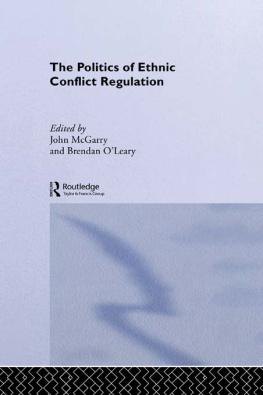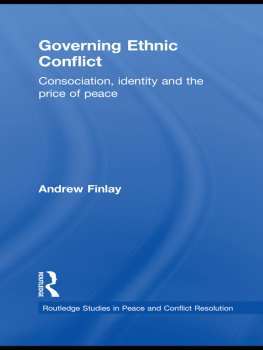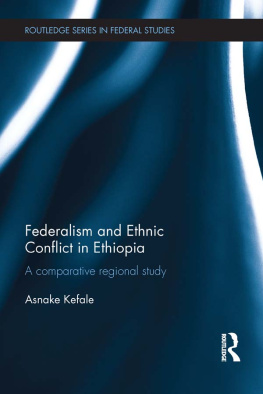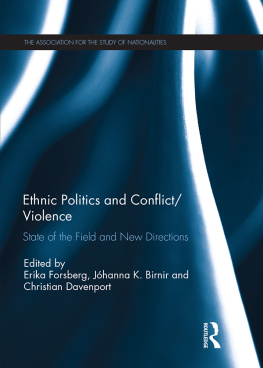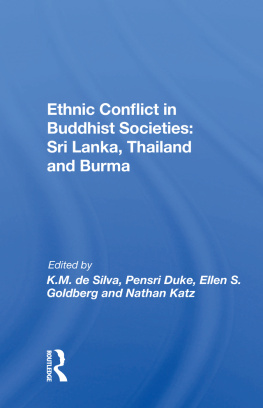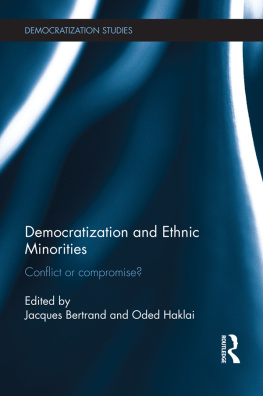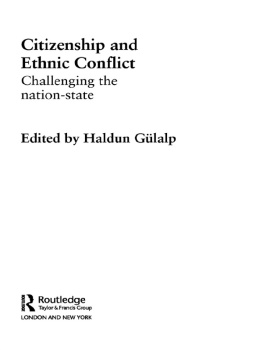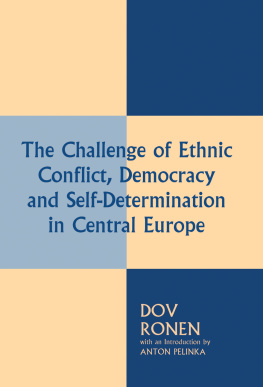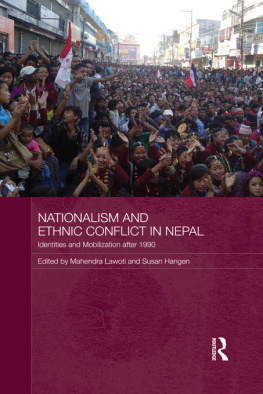Gurr Ted Robert - Ethnic Conflict In World Politics
Here you can read online Gurr Ted Robert - Ethnic Conflict In World Politics full text of the book (entire story) in english for free. Download pdf and epub, get meaning, cover and reviews about this ebook. City: New York, year: 2003;2011, publisher: Westview Press, genre: Politics. Description of the work, (preface) as well as reviews are available. Best literature library LitArk.com created for fans of good reading and offers a wide selection of genres:
Romance novel
Science fiction
Adventure
Detective
Science
History
Home and family
Prose
Art
Politics
Computer
Non-fiction
Religion
Business
Children
Humor
Choose a favorite category and find really read worthwhile books. Enjoy immersion in the world of imagination, feel the emotions of the characters or learn something new for yourself, make an fascinating discovery.

- Book:Ethnic Conflict In World Politics
- Author:
- Publisher:Westview Press
- Genre:
- Year:2003;2011
- City:New York
- Rating:3 / 5
- Favourites:Add to favourites
- Your mark:
- 60
- 1
- 2
- 3
- 4
- 5
Ethnic Conflict In World Politics: summary, description and annotation
We offer to read an annotation, description, summary or preface (depends on what the author of the book "Ethnic Conflict In World Politics" wrote himself). If you haven't found the necessary information about the book — write in the comments, we will try to find it.
Ethnic Conflict In World Politics — read online for free the complete book (whole text) full work
Below is the text of the book, divided by pages. System saving the place of the last page read, allows you to conveniently read the book "Ethnic Conflict In World Politics" online for free, without having to search again every time where you left off. Put a bookmark, and you can go to the page where you finished reading at any time.
Font size:
Interval:
Bookmark:
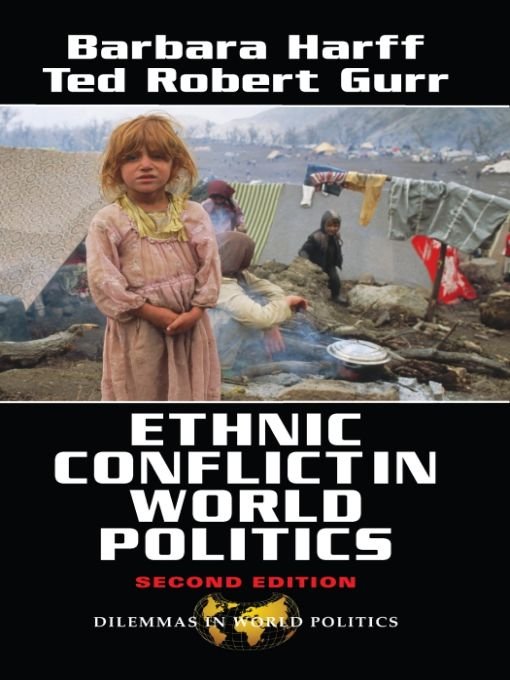
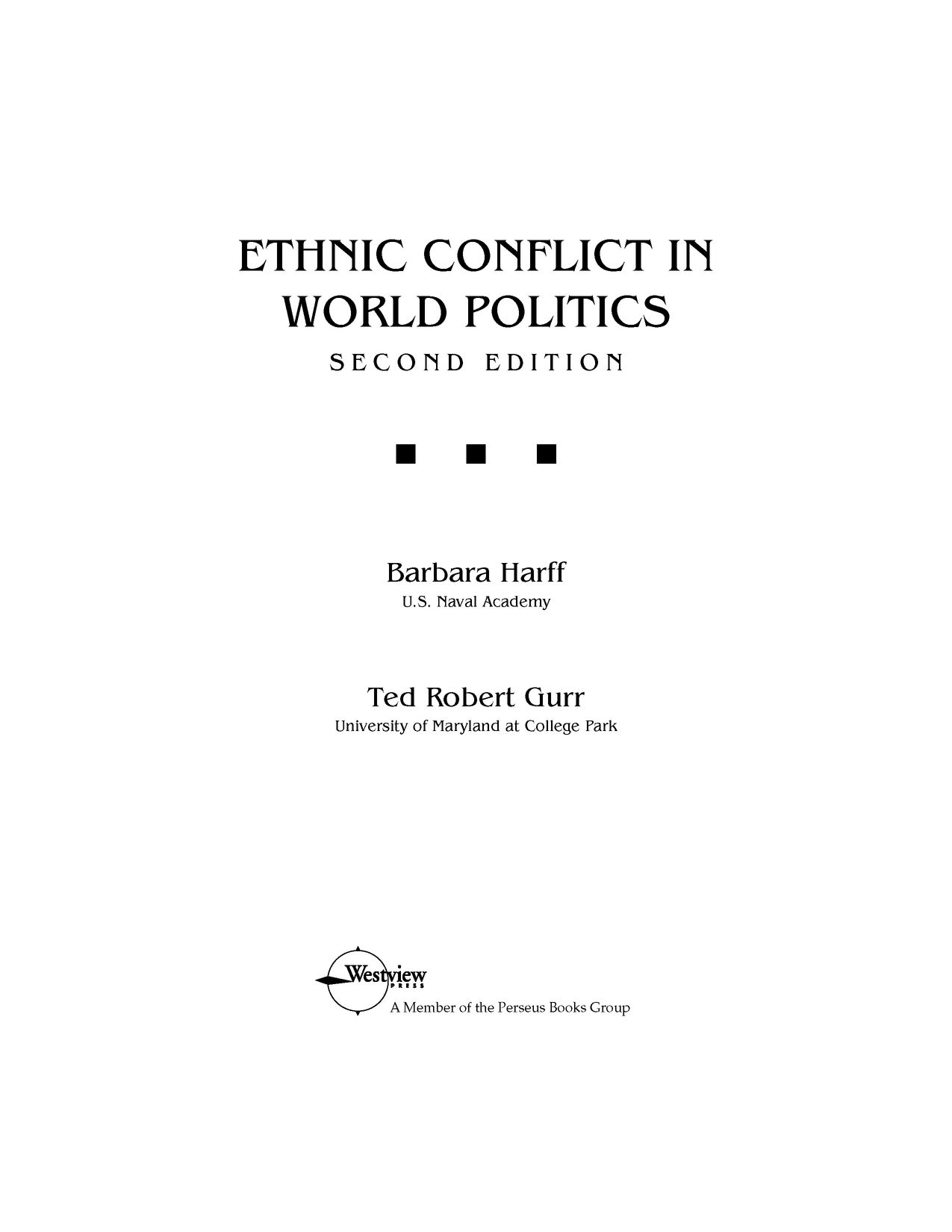
Bruce E. Moon
Global Environmental Politics, Third Edition
Gareth Porter, Janet Brown, and Pamela S. Chasek
Humanitarian Challenges and Intervention, Second Edition
Thomas G. Weiss and Cindy Collins
The European Union: Dilemmas of Regional Integration
James A. Caporaso
The United Nations in the PostCold War Era, Second Edition
Karen A. Mingst and Margaret P. Karns
International Futures: Choices in the Face of Uncertainty, Third Edition
Barry B. Hughes
Global Gender Issues, Second Edition
Spike Peterson and Anne Sisson Runyon
International Human Rights, Second Edition
Jack Donnelly
Democracy and Democratization in a Changing World, Second Edition
Georg Srensen
Revolution and Transition in East-Central Europe, Second Edition
David S. Mason
One Land, Two Peoples, Second Edition
Deborah Gerner
Dilemmas of Development Assistance
Sarah J. Tisch and Michael B. Wallace
East Asian Dynamism, Second Edition
Steven Chan
| ALPROMISU | Alianza para el Progreso de Miskitos y Sumos (Alliance for the Progress of Miskitos and Sumus) |
| CIA | Central Intelligence Agency |
| CPM | Communist Party of Malaya |
| CSCE | Conference on Security and Cooperation in Europe, re named in the mid-1990s Organization on Security and Cooperation in Europe (OSCE) |
| DAP | Democratic Action Party (Malaysia) |
| ILO | International Labor Organization |
| KDP | Kurdish Democratic Party (Iraq) |
| KDPI | Kurdish Democratic Party of Iran |
| MCA | Malaysian Chinese Association |
| MISURA | Miskitos, Sumus, and Ramas |
| MISURASATA | Miskitos, Sumus, Ramas, and Sandinistas United |
| NATO | North Atlantic Treaty Organization |
| NDP | National Demokratische Partei, or National Democratic Party (Germany) |
| NEP | New Economic Policy |
| NGO | nongovernmental organization |
| OAU | Organization of African Unity |
| OSCE | see CSCE |
| PKK | Partiya Karkaren Kurdistan, or Kurdish Workers Party (Turkey) |
| PUK | Patriotic Union of Kurdistan (Iraq) |
| UNITA | Unino Nacional para a Independencia Total de Angola (National Union for the Total Independence of An gola) |
| YATAMA | Yapti Tasbaya Masrika (Children of Mother Earth) |
Font size:
Interval:
Bookmark:
Similar books «Ethnic Conflict In World Politics»
Look at similar books to Ethnic Conflict In World Politics. We have selected literature similar in name and meaning in the hope of providing readers with more options to find new, interesting, not yet read works.
Discussion, reviews of the book Ethnic Conflict In World Politics and just readers' own opinions. Leave your comments, write what you think about the work, its meaning or the main characters. Specify what exactly you liked and what you didn't like, and why you think so.

